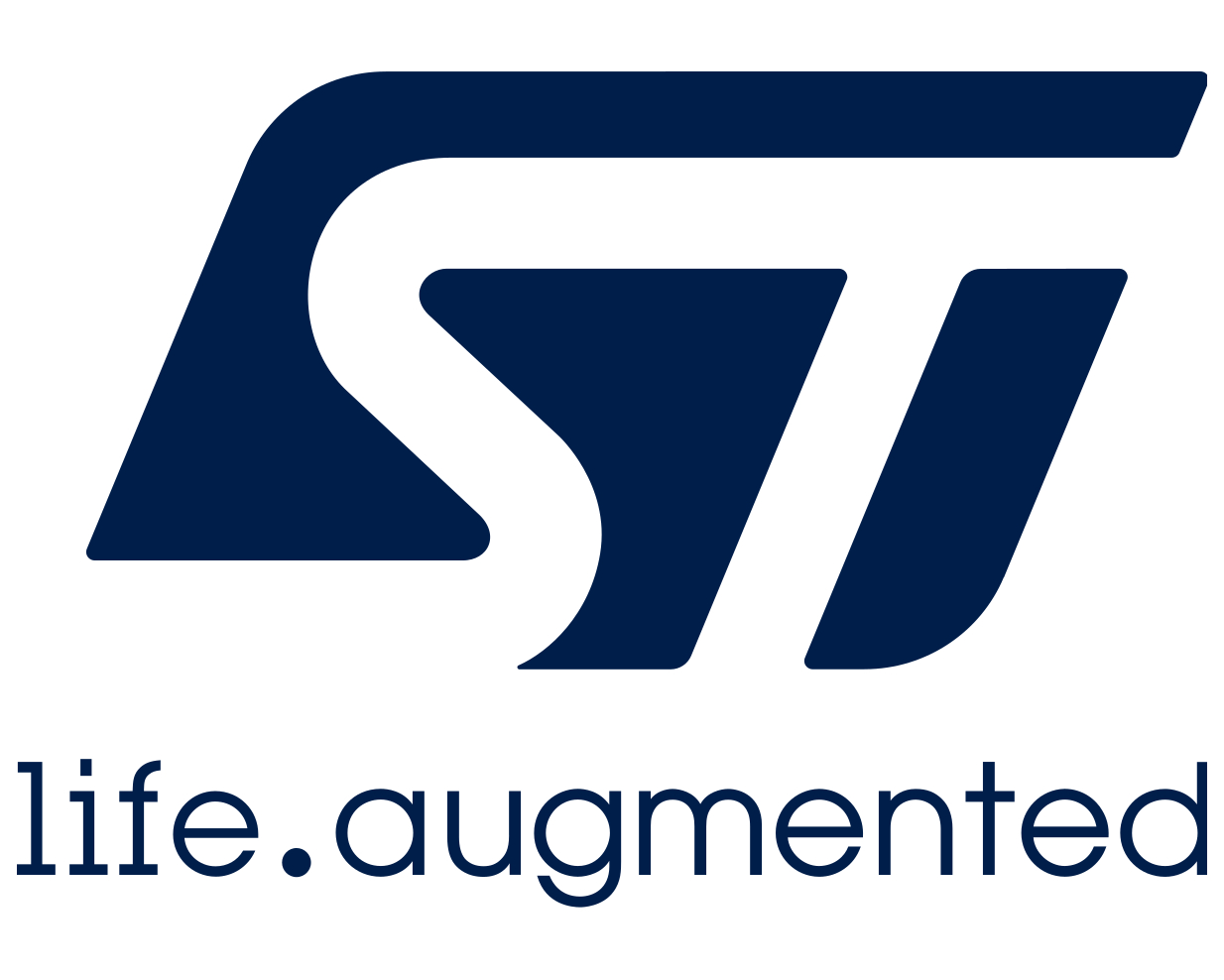Fabrizio Di Franco
Technical Marketing Manager of Power and Energy System Solutions
STMicroelectronics
Fabrizio Di Franco is Technical Marketing Manager of Power and Energy Systems at STMicroelectronics and acts as the Power for Servers Innovation Anchor Leader within ST’s Innovation office.
Holding a master’s degree in Electronics Engineering from Catania University, he joined STMicroelectronics in 2003 and has built extensive expertise in power electronics, progressing from Field Application Engineer to strategic marketing roles.
He currently leads technical teams focused on digital power converters, driving the innovation roadmap and marketing strategies for Power and Energy System solutions across diverse and dynamic markets.
Presentations
An Innovative AI-Enhanced Control Strategy for Soft-Switching High-Power Converters
The accelerating adoption of digital power converters plays a pivotal role in the global decarbonization effort by enabling higher energy efficiency in a wide range of applications. While advancements power semiconductors have significantly improved converter performance, control strategies remain a critical aspect in maximizing overall system efficiency, robustness and reliability. Traditional control methods, such as fixed-parameter PID (proportional-integral-derivative) controllers or model-based approaches, have evolved in complexity, yet a transformative leap is anticipated through the integration of Artificial Intelligence (AI) models. This presentation explores an innovative AI-enhanced control strategy specifically tailored for soft-switching high-power converters, which are inherently nonlinear systems. Leveraging AI’s capability to handle nonlinearities and adapt dynamically, the proposed approach optimizes converter control by incorporating additional real-time parameters such as temperature variations, component aging effects, and partial malfunctions or fault. This adaptability ensures high efficiency and robust performance under diverse operating conditions, surpassing the limitations of conventional fixed-parameter controls. The implementation of this approach exploits recent advancements in high-performance microcontrollers and control processors with embedded AI accelerators, enabling real-time processing of large datasets generated from converter operation. By harnessing these technologies, the AI-based control strategy not only enhances energy efficiency but also extends the operational lifespan and reliability of power converters. This work presents the conceptual framework, key algorithm developments, and preliminary validation results demonstrating the significant benefits of AI integration in soft-switching power converters. The findings highlight the potential of AI-driven control to become a cornerstone technology in next-generation power electronics, supporting the transition to sustainable and resilient energy systems worldwide.

